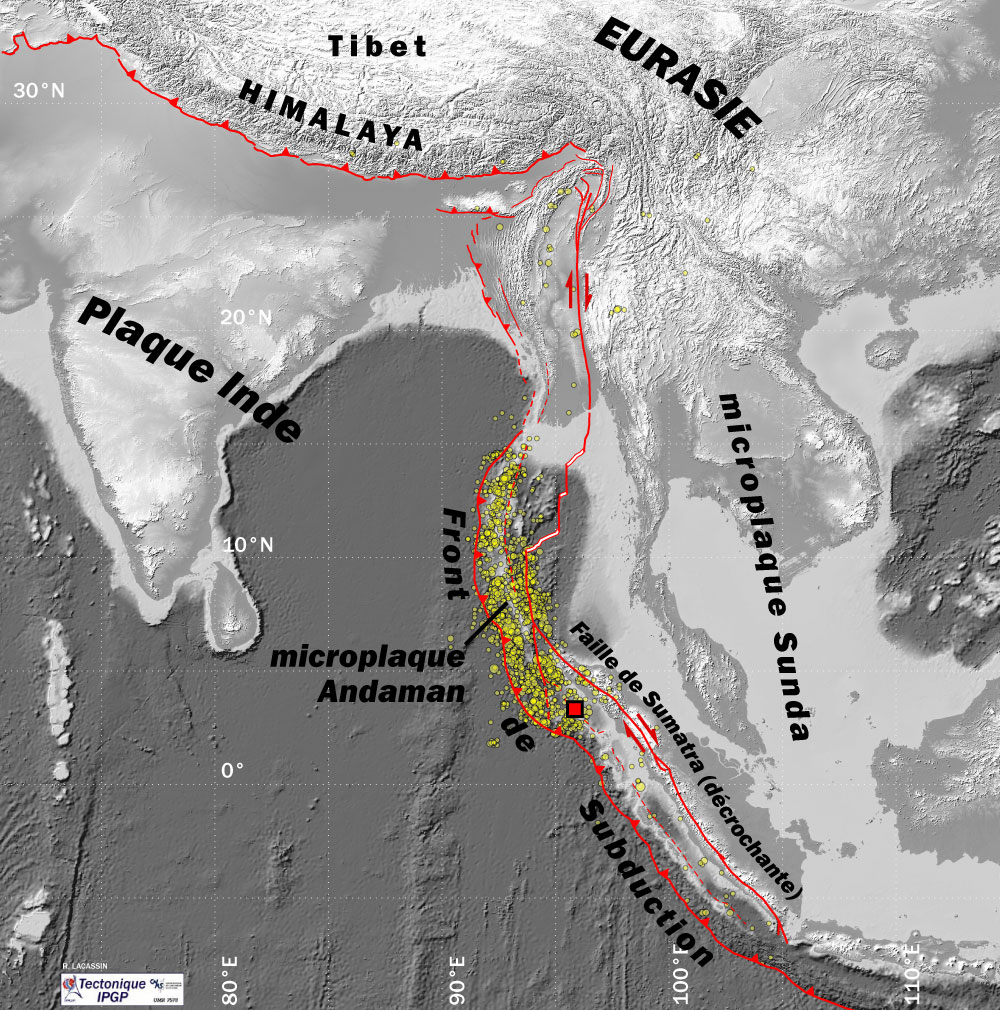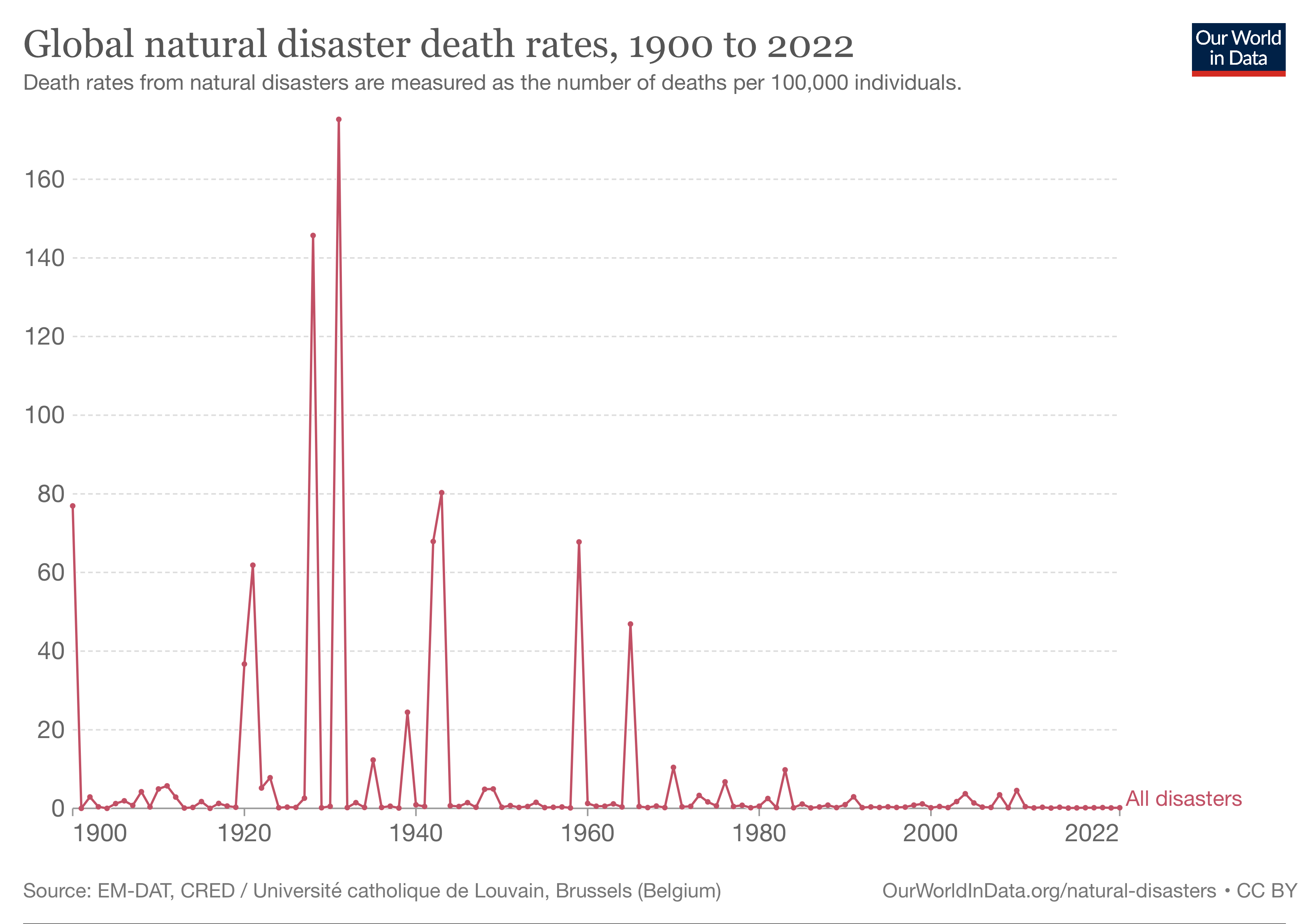|
Real Medicine Foundation
Real Medicine Foundation (RMF) is a US-based nonprofit public charity that provides humanitarian support and development around the world, helping communities recover from natural disasters, conflict, and poverty. RMF was created in response to the 2004 Indian Ocean tsunami, which killed over 200,000 people and displaced thousands more. Pediatrician Dr. Martina Fuchs traveled to Sri Lanka, where she opened a small medical clinic in the Mawella Camp for tsunami survivors. Based on the needs she witnessed and patients requiring longer-term support, Fuchs founded Real Medicine Foundation in 2005. As of September 2018, the organization has grown to include over 70 active projects and has worked in 24 countries. Real Medicine Foundation defines holistic, or "real" medicine, as "providing medical/physical, emotional, economic, and social support." Because of this philosophy, the organization's projects often start with health clinics and disaster relief, but evolve into additional support ... [...More Info...] [...Related Items...] OR: [Wikipedia] [Google] [Baidu] |
Nonprofit Organization
A nonprofit organization (NPO) or non-profit organisation, also known as a non-business entity, not-for-profit organization, or nonprofit institution, is a legal entity organized and operated for a collective, public or social benefit, in contrast with an entity that operates as a business aiming to generate a Profit (accounting), profit for its owners. A nonprofit is subject to the non-distribution constraint: any revenues that exceed expenses must be committed to the organization's purpose, not taken by private parties. An array of organizations are nonprofit, including some political organizations, schools, business associations, churches, social clubs, and consumer cooperatives. Nonprofit entities may seek approval from governments to be Tax exemption, tax-exempt, and some may also qualify to receive tax-deductible contributions, but an entity may incorporate as a nonprofit entity without securing tax-exempt status. Key aspects of nonprofits are accountability, trustworth ... [...More Info...] [...Related Items...] OR: [Wikipedia] [Google] [Baidu] |
2004 Indian Ocean Earthquake And Tsunami
An earthquake and a tsunami, known as the Boxing Day Tsunami and, by the scientific community, the Sumatra–Andaman earthquake, occurred at 07:58:53 local time (UTC+7) on 26 December 2004, with an epicentre off the west coast of northern Sumatra, Indonesia. It was an undersea megathrust earthquake that registered a magnitude of 9.1–9.3 , reaching a Mercalli intensity up to IX in certain areas. The earthquake was caused by a rupture along the fault between the Burma Plate and the Indian Plate. A series of massive tsunami waves grew up to high once heading inland, after being created by the underwater seismic activity offshore. Communities along the surrounding coasts of the Indian Ocean were devastated, and the tsunamis killed an estimated 227,898 people in 14 countries, making it one of the deadliest natural disasters in recorded history. The direct results caused major disruptions to living conditions and commerce in coastal provinces of surrounded countries, including Ac ... [...More Info...] [...Related Items...] OR: [Wikipedia] [Google] [Baidu] |
Sri Lanka
Sri Lanka (, ; si, ශ්රී ලංකා, Śrī Laṅkā, translit-std=ISO (); ta, இலங்கை, Ilaṅkai, translit-std=ISO ()), formerly known as Ceylon and officially the Democratic Socialist Republic of Sri Lanka, is an island country in South Asia. It lies in the Indian Ocean, southwest of the Bay of Bengal, and southeast of the Arabian Sea; it is separated from the Indian subcontinent by the Gulf of Mannar and the Palk Strait. Sri Lanka shares a maritime border with India and Maldives. Sri Jayawardenepura Kotte is its legislative capital, and Colombo is its largest city and financial centre. Sri Lanka has a population of around 22 million (2020) and is a multinational state, home to diverse cultures, languages, and ethnicities. The Sinhalese are the majority of the nation's population. The Tamils, who are a large minority group, have also played an influential role in the island's history. Other long established groups include the Moors, the Burghers ... [...More Info...] [...Related Items...] OR: [Wikipedia] [Google] [Baidu] |
RMF Logo
RMF is a three-letter abbreviation that may refer to: Computing * Recover My Files, a data recovery application * Reed–Muller canonical form * Requirements Modeling Framework, an Eclipse Foundation project * Resource Measurement Facility, a performance management component of the IBM z/OS Operating System * Rich Music Format, a music file format defined by Beatnik * Risk Management Framework, integrates information security and risk management for system development Military * Royal Munster Fusiliers * Royal Munster Fusiliers (New Army), New Army divisions * Royal Munster Fusiliers (Reserves) Transport * Marsa Alam International Airport (IATA 'RMF') International airport code * Romford railway station, East London, United Kingdom Other * Finnish Kalo language, ISO 639-3 code rmf * RMF FM, Polish radio station * Rheingau Musik Festival, an international summer music festival in Germany * Rotating magnetic field * Rhodes Must Fall Rhodes Must Fall was a protest movemen ... [...More Info...] [...Related Items...] OR: [Wikipedia] [Google] [Baidu] |
Malnutrition
Malnutrition occurs when an organism gets too few or too many nutrients, resulting in health problems. Specifically, it is "a deficiency, excess, or imbalance of energy, protein and other nutrients" which adversely affects the body's tissues and form. Malnutrition is not receiving the correct amount of nutrition. Malnutrition is increasing in children under the age of five due to providers who cannot afford or do not have access to adequate nutrition. Malnutrition is a category of diseases that includes undernutrition and overnutrition. Undernutrition is a lack of nutrients, which can result in stunted growth, wasting, and underweight. A surplus of nutrients causes overnutrition, which can result in obesity. In some developing countries, overnutrition in the form of obesity is beginning to appear within the same communities as undernutrition. Most clinical studies use the term 'malnutrition' to refer to undernutrition. However, the use of 'malnutrition' instead of 'undernutrit ... [...More Info...] [...Related Items...] OR: [Wikipedia] [Google] [Baidu] |
Natural Disaster
A natural disaster is "the negative impact following an actual occurrence of natural hazard in the event that it significantly harms a community". A natural disaster can cause loss of life or damage property, and typically leaves some economic damage in its wake. The severity of the damage depends on the affected population's resilience and on the infrastructure available. Examples of natural hazards include: avalanche, coastal flooding, cold wave, drought, earthquake, hail, heat wave, hurricane (tropical cyclone), ice storm, landslide, lightning, riverine flooding, strong wind, tornado, typhoon, tsunami, volcanic activity, wildfire, winter weather. In modern times, the divide between natural, man-made and man-accelerated disasters is quite difficult to draw. Human choices and activities like architecture, fire, resource management or even climate change potentially play a role in causing "natural disasters". In fact, the term "natural disaster" has been called a misnom ... [...More Info...] [...Related Items...] OR: [Wikipedia] [Google] [Baidu] |
Poverty
Poverty is the state of having few material possessions or little income. Poverty can have diverse social, economic, and political causes and effects. When evaluating poverty in statistics or economics there are two main measures: ''absolute poverty'' compares income against the amount needed to meet basic needs, basic personal needs, such as food, clothing, and Shelter (building), shelter; ''relative poverty'' measures when a person cannot meet a minimum level of living standards, compared to others in the same time and place. The definition of ''relative poverty'' varies from one country to another, or from one society to another. Statistically, , most of the world's population live in poverty: in Purchasing Power Parity, PPP dollars, 85% of people live on less than $30 per day, two-thirds live on less than $10 per day, and 10% live on less than $1.90 per day ... [...More Info...] [...Related Items...] OR: [Wikipedia] [Google] [Baidu] |
Emergency Organizations
An emergency is an urgent, unexpected, and usually dangerous situation that poses an immediate risk to health, life, property, or environment and requires immediate action. Most emergencies require urgent intervention to prevent a worsening of the situation, although in some situations, mitigation may not be possible and agencies may only be able to offer palliative care for the aftermath. While some emergencies are self-evident (such as a natural disaster that threatens many lives), many smaller incidents require that an observer (or affected party) decide whether it qualifies as an emergency. The precise definition of an emergency, the agencies involved and the procedures used, vary by jurisdiction, and this is usually set by the government, whose agencies ( emergency services) are responsible for emergency planning and management. Defining an emergency An incident, to be an emergency, conforms to one or more of the following, if it: * Poses an immediate threat to life, ... [...More Info...] [...Related Items...] OR: [Wikipedia] [Google] [Baidu] |
Health Charities In The United States
Health, according to the World Health Organization, is "a state of complete physical, mental and social well-being and not merely the absence of disease and infirmity".World Health Organization. (2006)''Constitution of the World Health Organization''– ''Basic Documents'', Forty-fifth edition, Supplement, October 2006. A variety of definitions have been used for different purposes over time. Health can be promoted by encouraging healthful activities, such as regular physical exercise and adequate sleep, and by reducing or avoiding unhealthful activities or situations, such as smoking or excessive stress. Some factors affecting health are due to individual choices, such as whether to engage in a high-risk behavior, while others are due to structural causes, such as whether the society is arranged in a way that makes it easier or harder for people to get necessary healthcare services. Still, other factors are beyond both individual and group choices, such as genetic disorders. ... [...More Info...] [...Related Items...] OR: [Wikipedia] [Google] [Baidu] |






